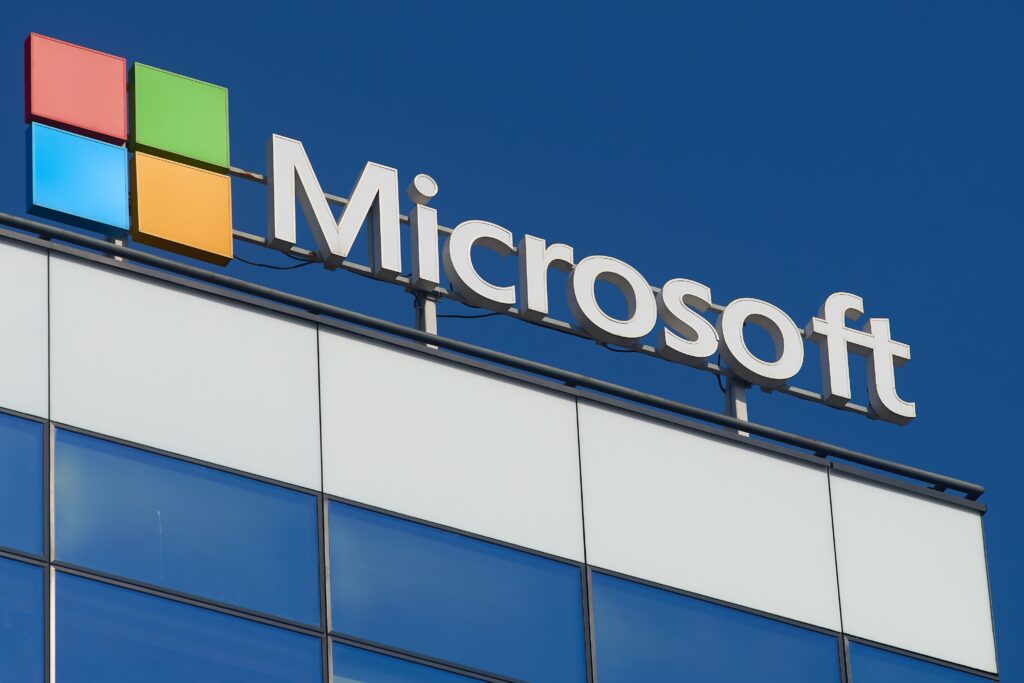Microsoft has globally expanded its AI-powered screenshot tool, Copilot+ Recall, despite ongoing privacy concerns. The tool, which automatically captures screen images every few seconds, is now available to users of Microsoft’s AI-powered computers, after a halt in 2024 due to widespread privacy concerns. Microsoft intends to offer the tool globally, with the exception of the European Union, where its release is delayed until late 2025. While the tool can only be activated by users and allows them to stop the snapshot collection at any time, it has raised questions about data safety, especially in terms of private communications.
A Tool for Tracking User Activity
Recall was designed to help users easily track their activity across various platforms. Whether it’s finding previously viewed products or revisiting websites, Recall aims to make it easier for users to search through past actions such as opened files, visited websites, or browsed images. According to Microsoft, this feature can be particularly helpful when a user wants to revisit something they saw days ago. However, privacy advocates, including Dr. Kris Shrishak, have raised concerns about the potential for unintended data collection, particularly regarding private communications from apps like WhatsApp or email inboxes.
Dr. Shrishak initially expressed strong reservations about the tool, but after the company implemented an opt-in model, he acknowledged this approach was a step in the right direction. Despite this, he cautioned that there’s still a risk of data being collected without explicit consent, particularly when people unknowingly allow screenshots of their private communications to be captured.
Privacy Concerns Persist Despite Safeguards
Recall’s ability to automatically capture screenshots of private messages and emails has been a significant point of concern. While Microsoft insists that the tool does not share collected data with external parties, there is still potential for misuse if malicious individuals gain access to the device. Microsoft emphasized that Recall does not transmit data externally, and each user must authenticate their identity before accessing any stored screenshots. Furthermore, all screenshots are stored locally on the user’s personal device, not on remote servers, which Microsoft argues helps mitigate privacy risks.
Users also retain control over which applications Recall can access, with the tool explicitly excluding private browser windows. Additionally, users can delete captured screenshots at any time, further enhancing their control over the data collected by the tool. However, the mere possibility of capturing and storing sensitive information raises questions about the security measures in place to protect users from unauthorized access.
Regulatory Scrutiny and Ongoing Oversight
Microsoft’s expansion of Recall comes under the watchful eye of regulatory authorities. The UK’s Information Commissioner’s Office (ICO) has been in close contact with the company as it evaluates the tool’s deployment. The ICO is primarily concerned with ensuring that Microsoft adheres to privacy regulations, particularly with regard to how users are informed about data collection and how their information is handled.
While the ICO does not pre-approve tools like Recall, it continues to monitor Microsoft’s compliance with privacy laws. The office has made it clear that organizations must prove they are consistently upholding privacy regulations and protecting individuals’ data rights. With increased scrutiny from both privacy advocates and regulators, Microsoft will likely face additional pressure to ensure that Recall does not compromise user privacy.
Will Recall Pass the Privacy Test?
As Microsoft moves forward with expanding Recall globally, it must balance its promise of enhancing user experience with the growing concerns over privacy and data safety. The company is likely to continue refining the tool to address these concerns, but the tool’s real-world impact will be closely monitored by both users and regulators. In particular, Microsoft will need to demonstrate that it can safeguard user data and prevent unauthorized access to sensitive information.
The public’s response and regulatory feedback will play a crucial role in shaping the future of AI-powered tools like Recall. As the technology evolves, Microsoft faces an ongoing challenge to maintain trust while delivering on its promises of innovation


